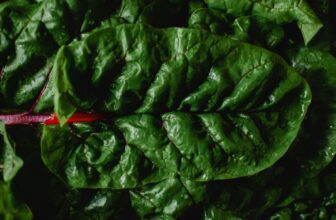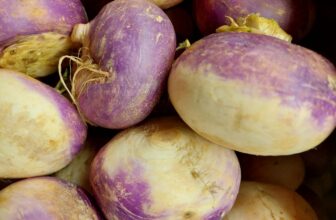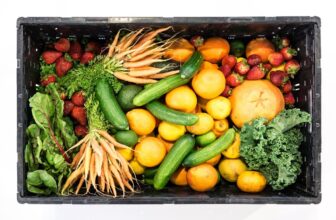When it comes to emergency preparedness, building a well-stocked pantry is crucial. While it’s essential to focus on acquiring the right foods for long-term storage, it’s equally important to be mindful of the items that may not be suitable for extended periods or may have limited nutritional value. In this article, we will explore ten types of foods that you may want to avoid stockpiling for emergencies, ensuring that your prepping efforts are focused on nutritious and sustainable options.
Bulk Purchases of Spices and Herbs
Although spices and herbs add flavor to our meals, they tend to lose their potency over time. Avoid excessive bulk purchases, as they may lose their aroma and taste, making them less effective for seasoning your emergency meals. If you do, always prefer to buy whole, ungrated spices in vacuum packaging.
Foods with High Sodium Content
While canned soups, processed meats, and salty snacks can be appealing choices in emergencies, it’s essential to limit their intake due to their high sodium content. Excessive sodium consumption can lead to dehydration and other health issues, so opt for lower-sodium alternatives whenever possible.
Excessive Sugar
Avoid stocking up on foods with excessive sugar content, including sugary cereals, candy, and soda. These items may provide temporary satisfaction but lack essential nutrients and can contribute to energy crashes and unhealthy dietary habits.
Fragile Packaging
Opt for sturdy packaging when selecting foods for your emergency stockpile. Items in fragile packaging, such as glass jars or flimsy containers, are at risk of breaking easily, leading to food waste and potential safety hazards.
Non-Nutritious Snacks
While comfort foods and snacks can provide a sense of normalcy during emergencies, prioritize nutrition over indulgence. Avoid excessive stockpiling of chips, cookies, and other non-nutritious snacks that offer little sustenance.
Foods You Don’t Regularly Consume
Stocking up on foods you don’t typically consume can lead to wastage. It’s crucial to choose something that aligns with your dietary preferences and habits to ensure you’ll be comfortable consuming it in emergencies.
Unfamiliar or Bizarre Foods
While exploring diverse cuisines can be exciting, it’s best to avoid stockpiling unfamiliar or bizarre foods that may not suit your taste or dietary needs. Stick to foods that you are familiar with and that offer nutritional value.
Building a well-rounded and practical emergency food supply is crucial for any prepping enthusiast. By avoiding highly perishable items and those with short expiration dates, you can ensure that your stockpile remains safe and sustainable. Remember to prioritize nutritious options and choose items that align with your dietary preferences. With careful planning and selection, you can create an emergency food supply that provides essential nourishment during challenging times. Stay prepared and safe!




